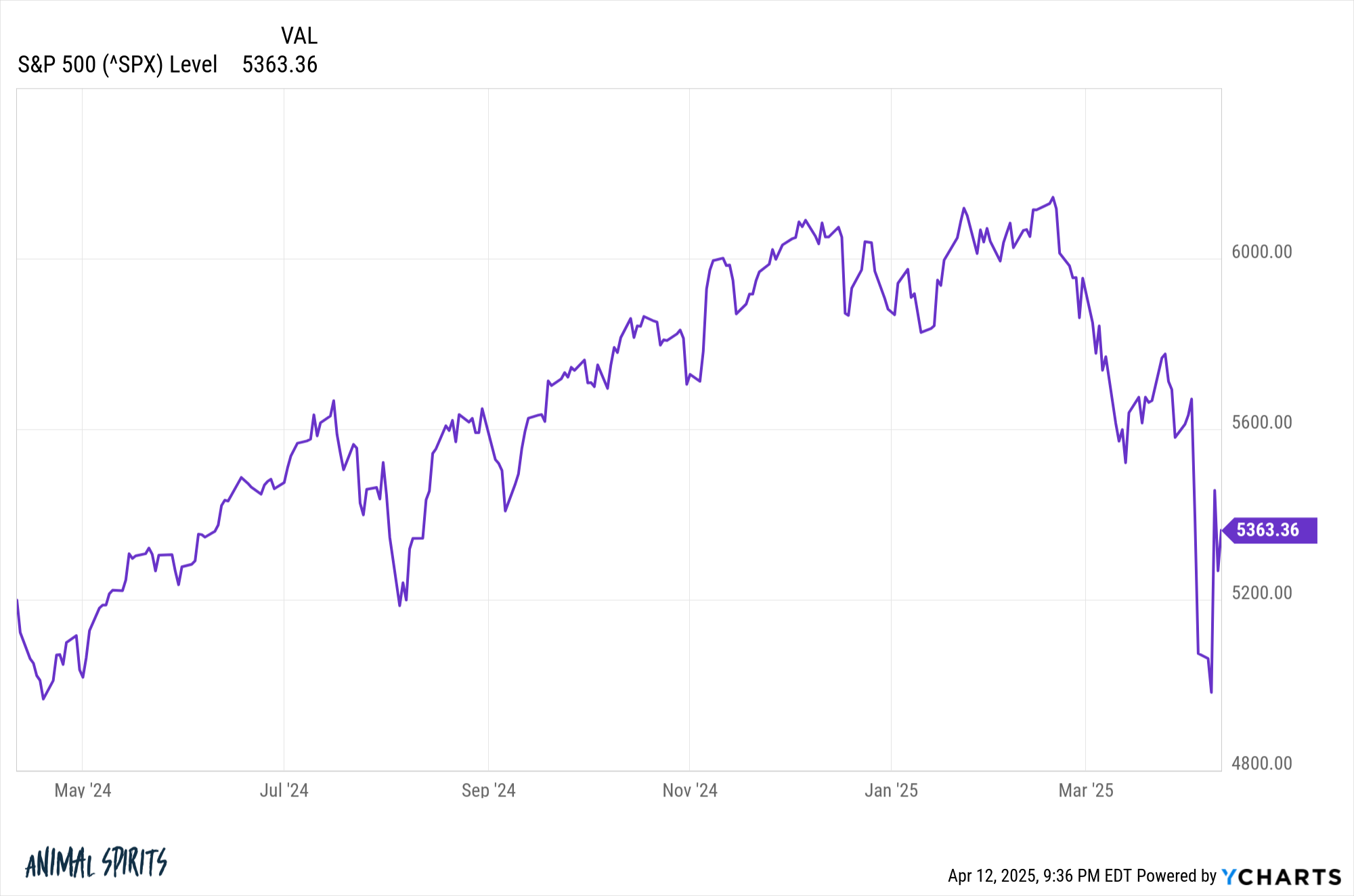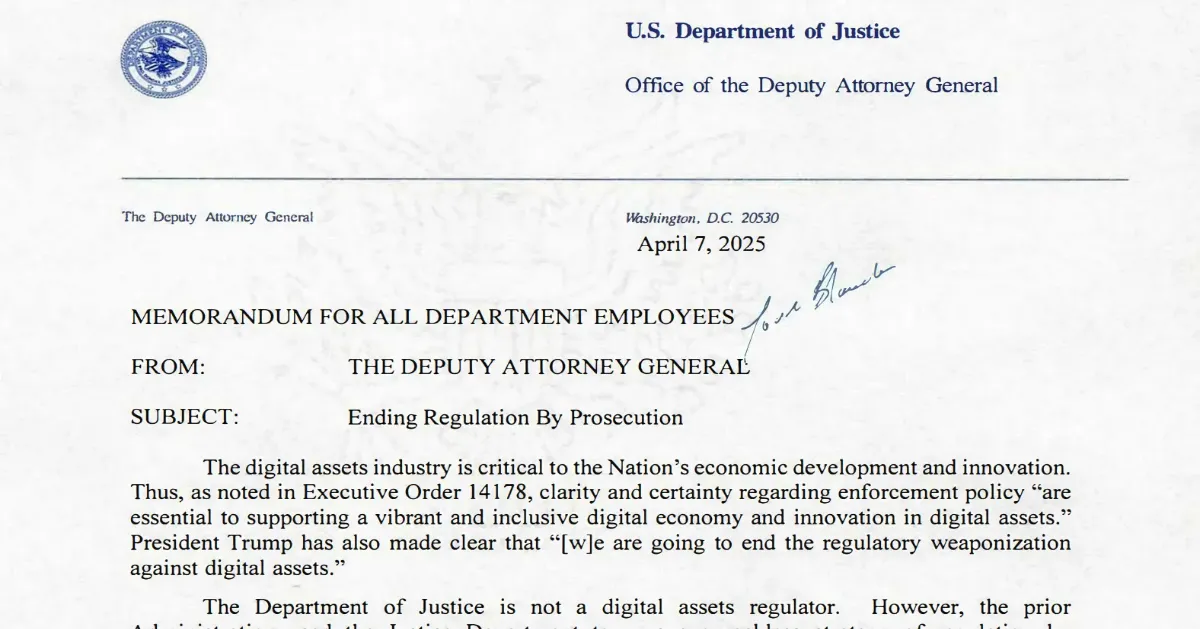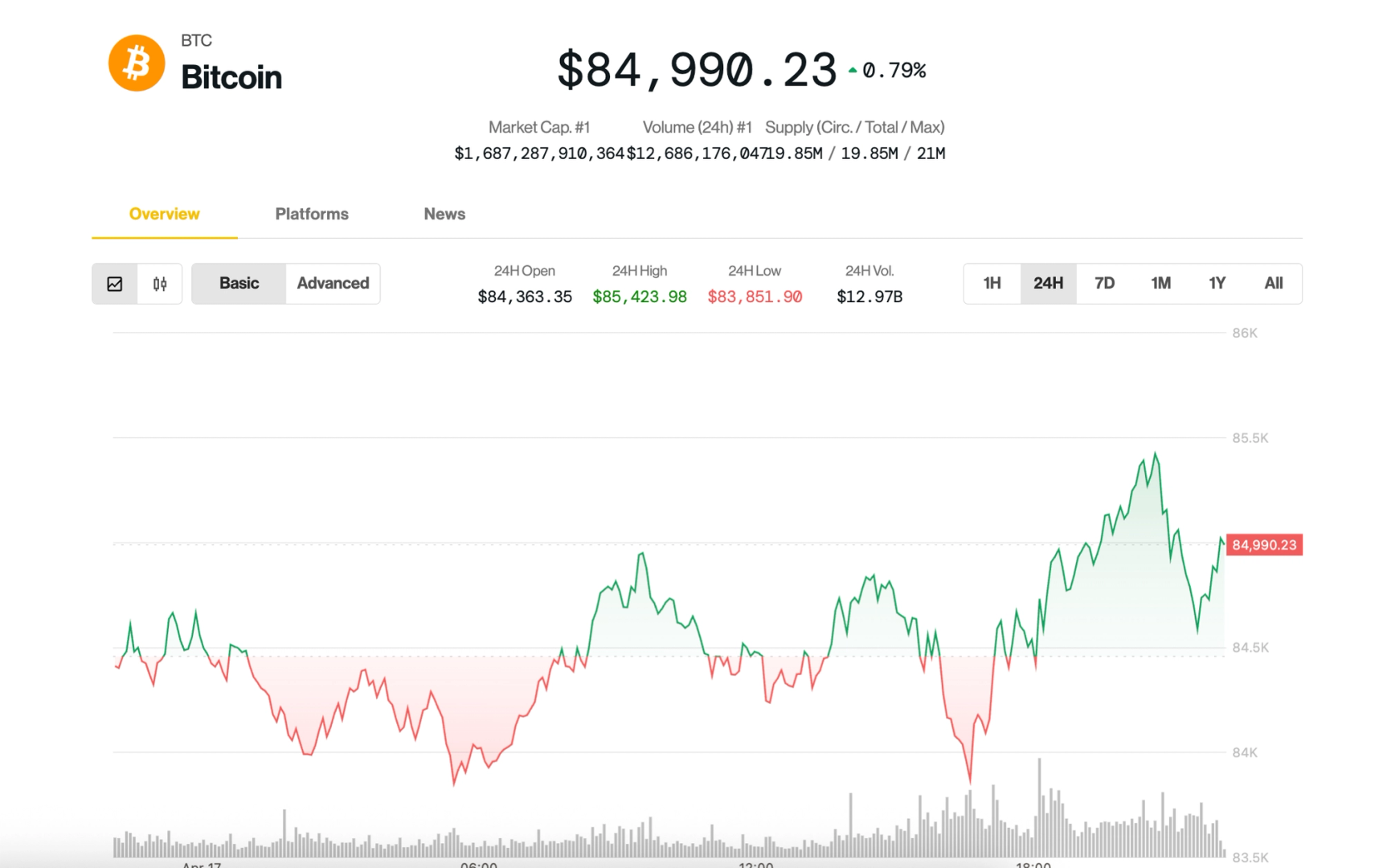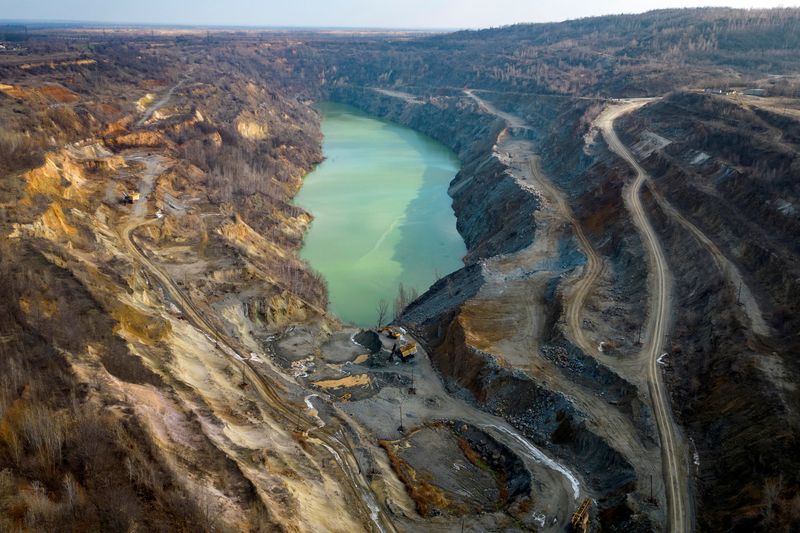What Would Happen If California Became Its Own Country?
Several states of the United States could make it as foreign countries if they had to, but none more so than California. Heaven forbid that the U.S. would ever get to a stage where this would happen, but if it did, California would hit the ground running as a straight-up global powerhouse. Here’s what the […] The post What Would Happen If California Became Its Own Country? appeared first on 24/7 Wall St..
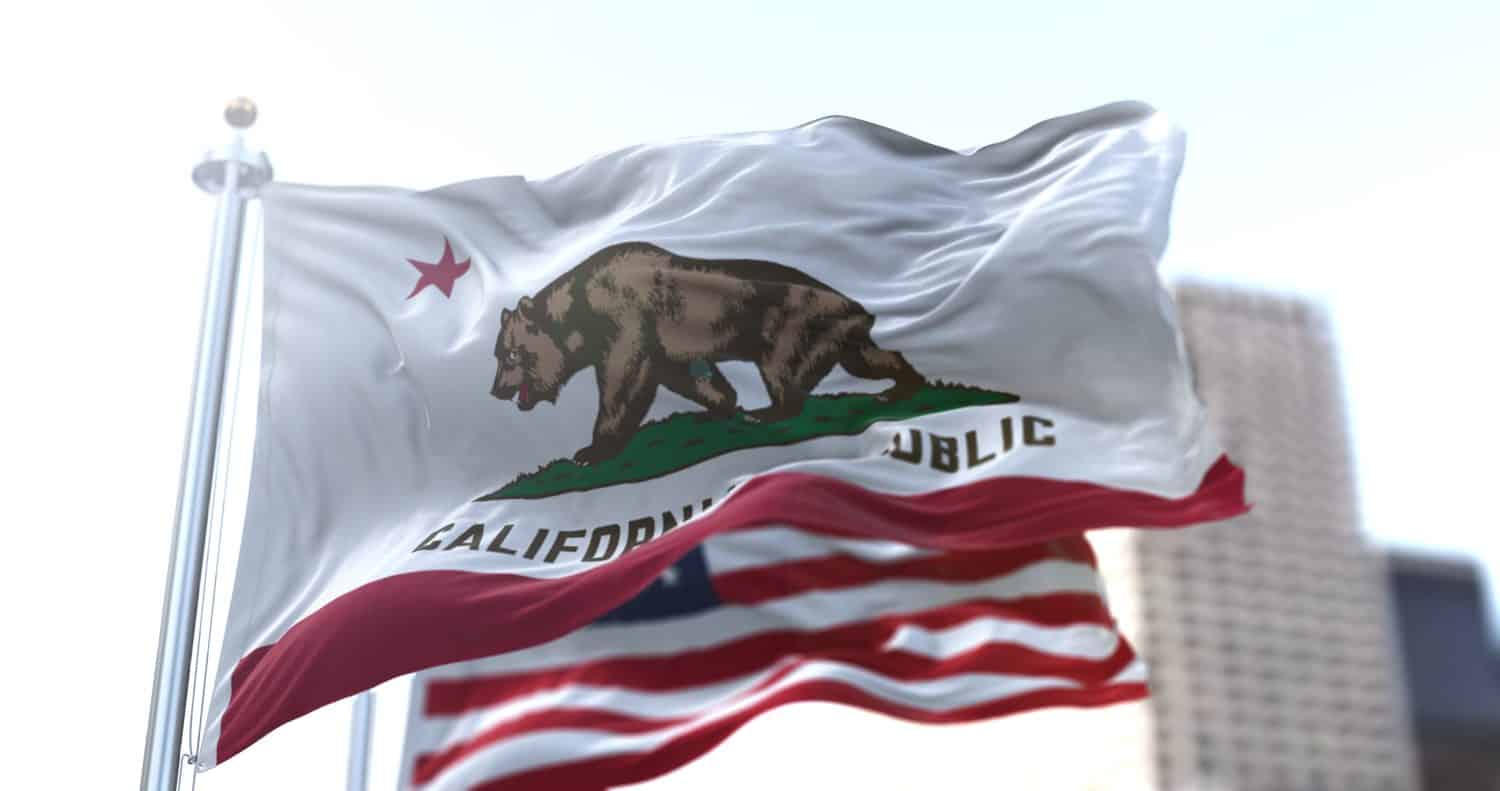
Several states of the United States could make it as foreign countries if they had to, but none more so than California. Heaven forbid that the U.S. would ever get to a stage where this would happen, but if it did, California would hit the ground running as a straight-up global powerhouse. Here’s what the Republic of California might look like.

California already has the economy and population to be one of the leading nations of the world on its own. Its success would always be dependent on good relations with the rest of the United States, however.
4 million Americans are set to retire this year. If you want to join them, click here now to see if you’re behind, or ahead. It only takes a minute. (Sponsor)
Key Points
Why Does the Flag Say “California Republic?”
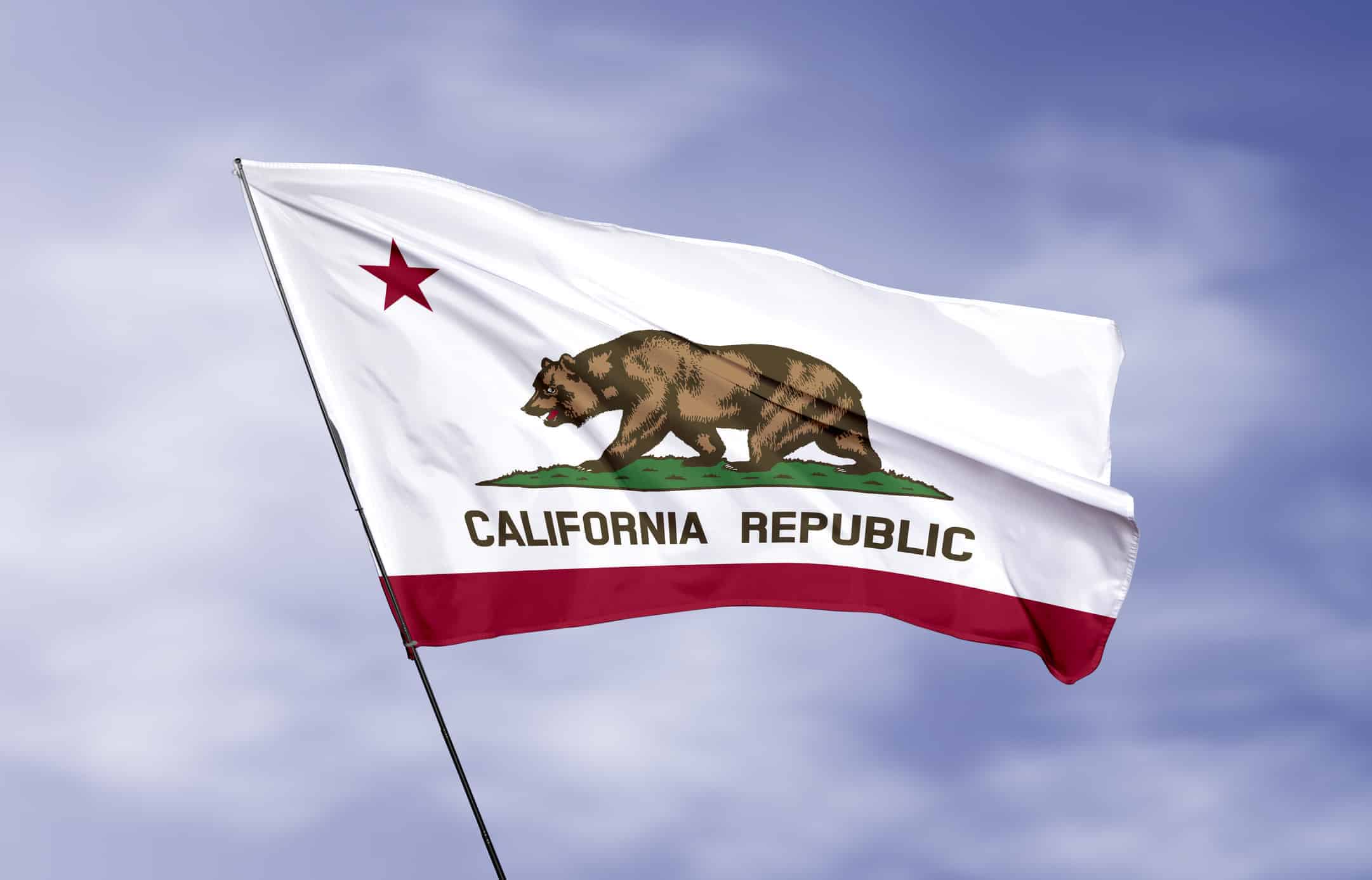
Californians are proud of a quirky bit of their history when, in 1846, about 30 American rebels in northern California revolted against Mexican rule, captured Sonoma, raised a flag with a grizzly bear and star on it, and proclaimed the independent California Republic. The Mexican-American War was already underway, so the Republic lasted only 25 days until the U.S. military took control. But Californians kept the flag as a tribute to their independent spirit.
Building California
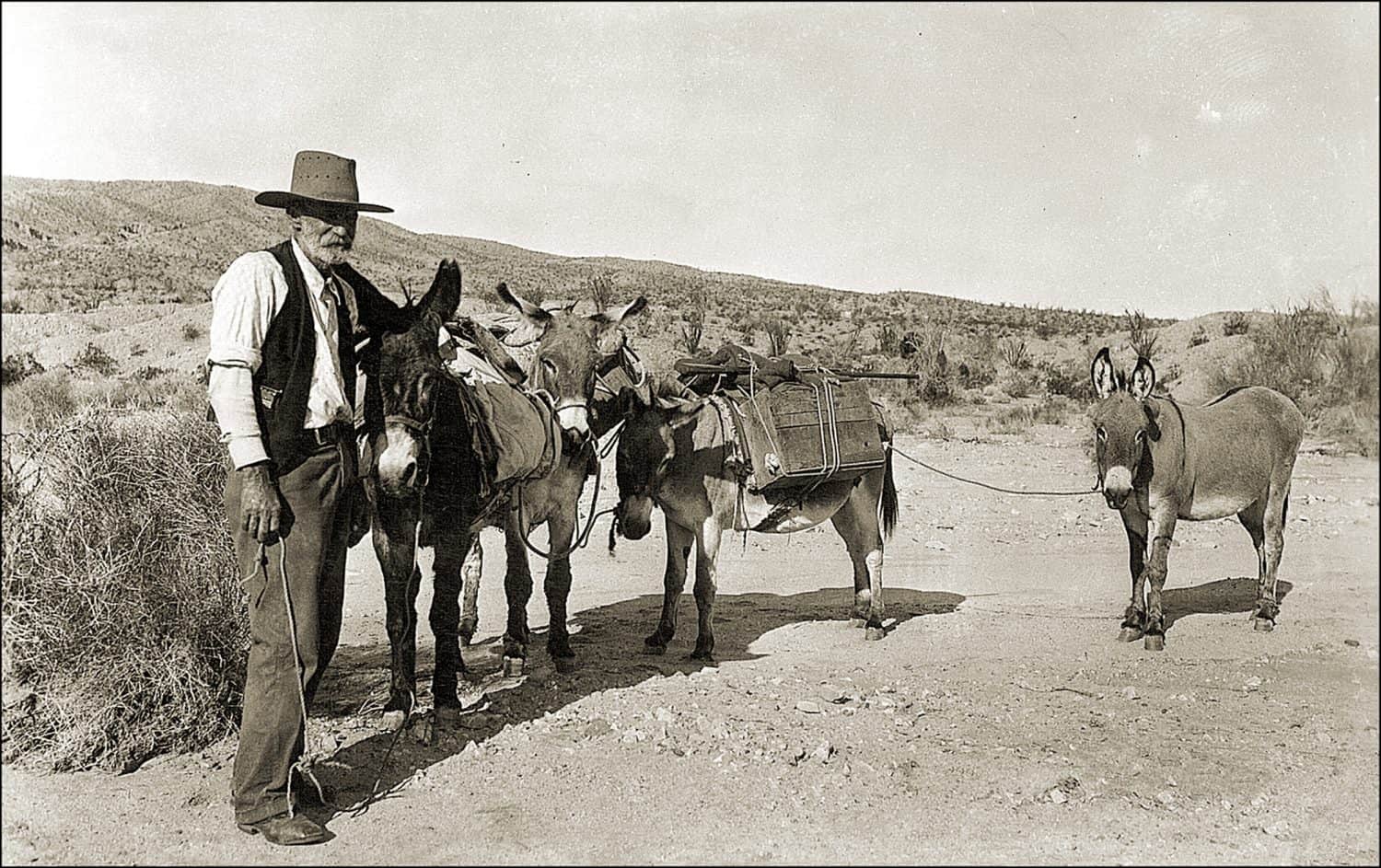
Located far from the population and power centers on the East Coast, California has always sort of done its own thing. New England whalers set up there to expand their trade into the Pacific, became wealthy, and intermarried with prosperous landowners of Mexican descent. The state’s population swelled with prospectors during the Gold Rush and immigrants from China, the Philippines, and other Asian countries who did much of the hard labor and built many of the service industries. All of this has helped developed a uniquely Californian cultural fusion.
California Culture

The result of the state’s unique history and demographic blend has been a freewheeling, diverse culture that at times diverges significantly from the sensibilities of Eastern tradition. Rural Californians tend toward more conservative politics and social values similar to the midwestern, eastern, and Mexican farmers who settled there. Urban eastern businesspeople and professionals, along with diverse international settlers have made the booming coastal metropolises into bastions of progressivism, so much so that there is periodic talk of splitting the state into as many as 6 new states or letting it leave the country entirely to limit its powerful and overall liberal influence in national politics.
A Peaceful Separation

So what if California did become independent? In this article we won’t get into a fighting civil war scenario. Any state that tried to take on the U.S. military would be crushed, even California. But let’s imagine that a “peaceful divorce” took place that let the state become a foreign country unscathed by war and with its trade in the U.S. and around the world intact. How would it do?
Already an Economic Superpower

California’s 2023 GDP was $4.1 trillion, which puts it ahead of Germany and just below Japan. In fact, that makes it the 4th largest economy in the entire world. A lot of the largest multinational corporations on the planet are headquartered there; places like Apple, Google, Disney, and Netflix. It has a diversified economic base of technology in Silicon Valley, entertainment based in Hollywood, a huge agricultural surplus centered in the Central Valley, and an ideal location for Pacific trade with major ports in the San Diego, L.A., and San Francisco Bay areas. As a country, economically it would not only survive, but thrive.
However, much would depend on the new country’s management of its economy without the mitigating influence of American conservatives in other states. If it pursued expensive social programs, heavier environmental regulation, higher taxation, and bureaucracy, its stellar economy could start to decline as businesses and talented people looked for more lucrative options in other places.
Supersized Population

There are over 39 million Californians. That’s bigger than the population of Canada or Australia. And its a super diverse population, too. In fact, the state has no one majority ethnic culture anymore; it’s 40% Latino, 34% Caucasian, 16% Asian and 6% black. Over 200 different languages are spoken there with 44% of residents speaking a language other than English at home. This all ads up to the California Republic being ideally positioned for global commerce and diplomacy and brimming with ideas and cultural traditions to fuel innovation. Of course, diversity isn’t always sunshine and rainbows. It can also contribute to ethnic tension that the government would need to manage carefully and fairly.
Borders and Immigration
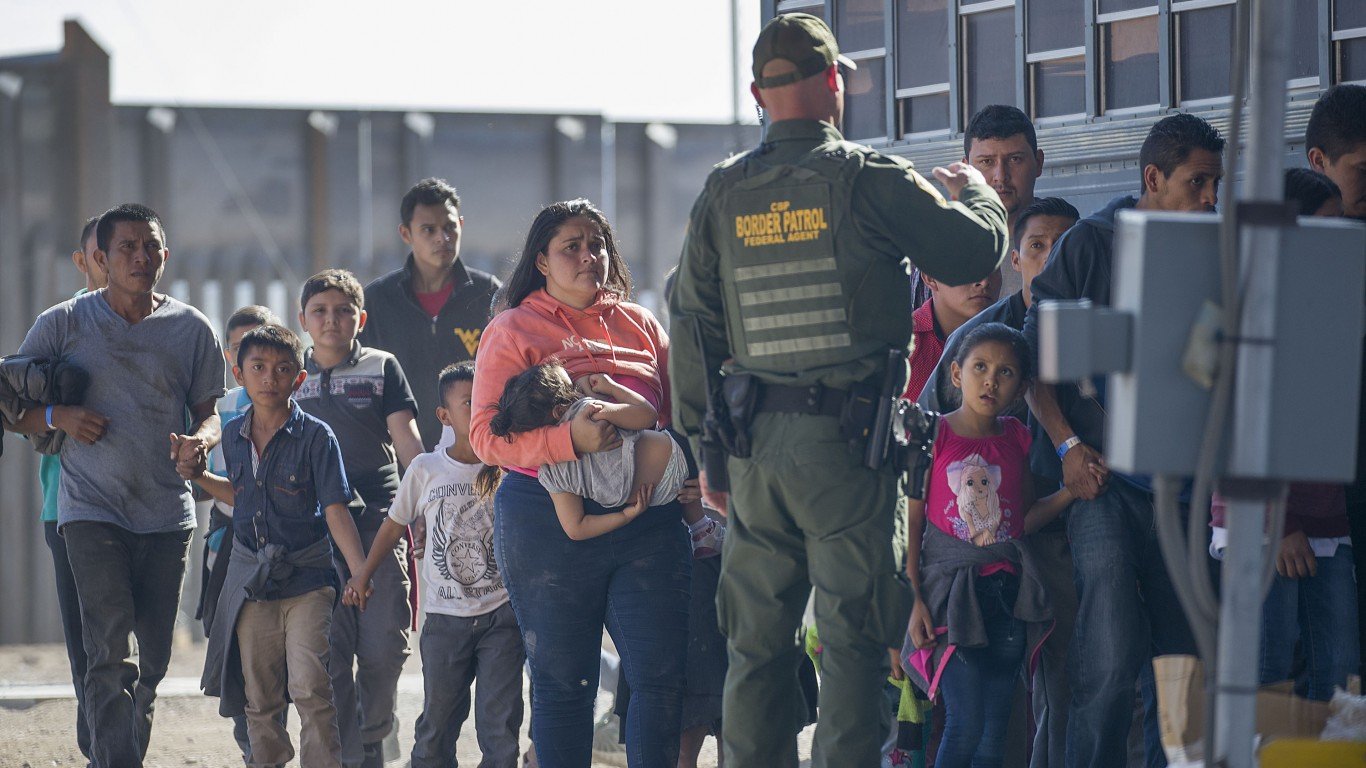
On its own, California would probably have a more generous immigration policy than the United States, though it would have a shorter border with Mexico to control than the U.S. as a whole does. As for its border with the rest of the United States, that would be an absolute nightmare. Those straight lines on the map run right across rugged mountain ranges, forests, and deserts that would be utterly impossible to seal up tight. Count on undocumented immigrants and tariff-busting smugglers going back and forth in both directions in unguarded areas of the U.S.-California border pretty much at will. And no matter which side builds a wall there, it will ultimately be Americans paying for it.
Resource-Rich, Water-Poor
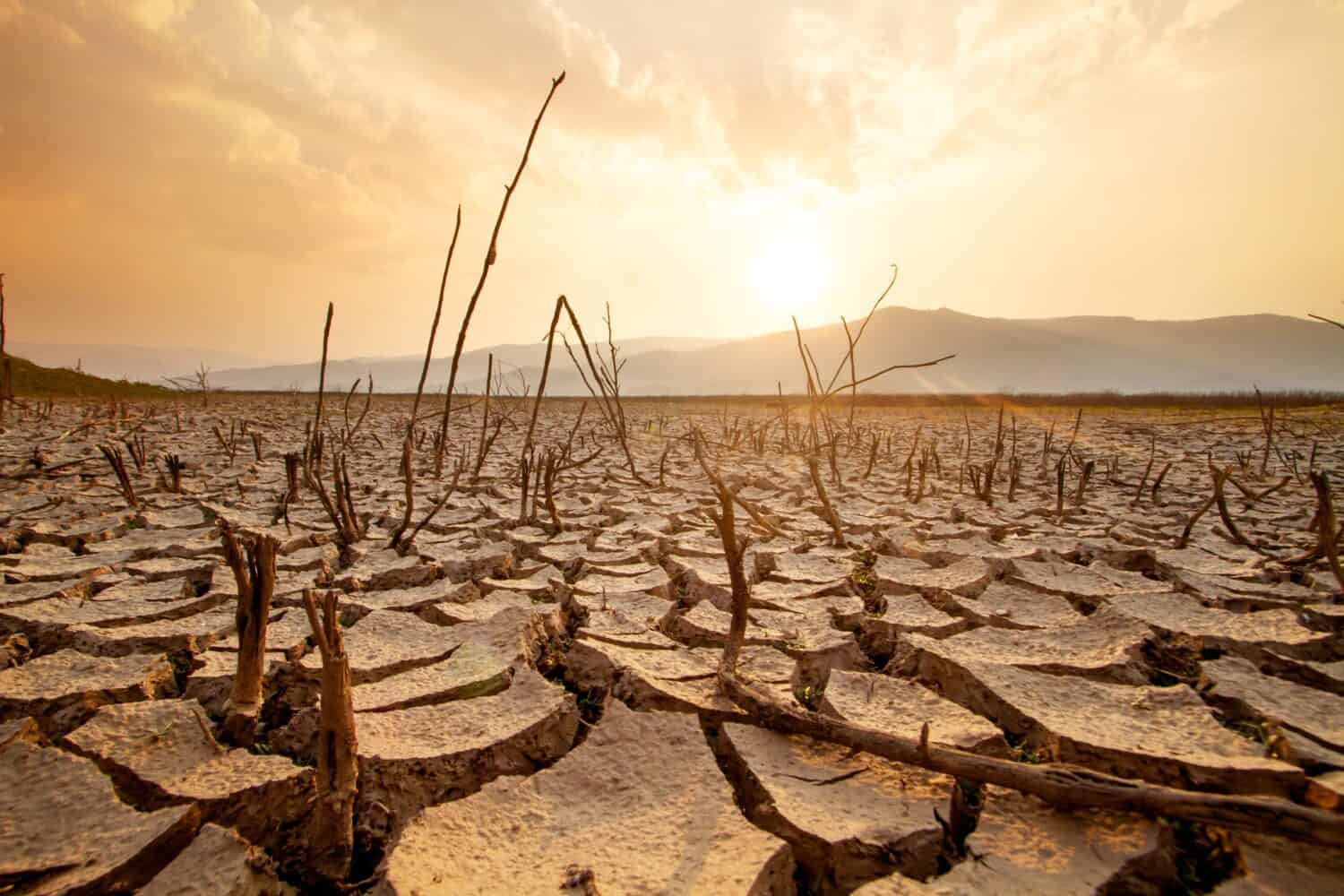
California is a national leader in American agriculture producing far more than necessary for the state’s own residents and feeding much of the rest of the United States and foreign countries. It also produces some oil, has nuclear reactors, and is heavily invested in renewable energy like solar and wind power. The mountainous parts of the state are mineral-rich and heavily forested. So it’s unusually well-endowed with everything it needs for self-sufficiency and robust exports.
Everything, that is, except water. There’s actually more than enough water in the north, but not in the arid south where vast farms and overcrowded cities soak up oceans of water. Much of it comes from the Colorado River, which California shares with upstream states. By the time what’s left of it flows over the Mexican border, it completely dissipates in salt flats before it can reach the ocean. This is a major problem that, for an independent California, would make them vulnerable to pressure from the United States, which could cut off the water flow at will.
A Pandora’s Box
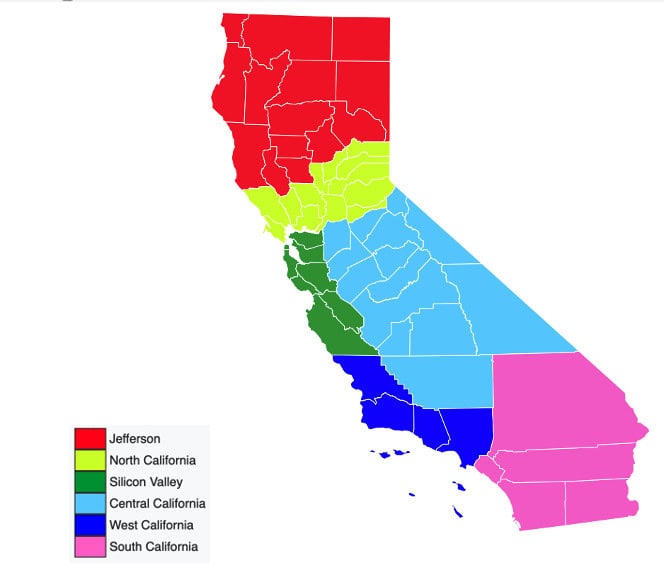
Some people might think secession would be better for California, and for the rest of the country. But in fact it’s hard to see it as anything but a disaster, long-term.
- It could set off a chain reaction of other U.S. states seceding, sometimes violently. This would cost lives and resources, disrupt trade, and lead to economic slowdowns.
- California itself might have to deal with secession efforts by more conservative counties wanting to stay with the United States or form their own country.
- The United States as a whole would be a weaker country, if it continued to exist in some form, with less influence on the world stage and less ability to defend American interests and citizens.
- Domestically, without the relative moderation produced by balancing liberal and conservative states in forming national policy, California and the rest of the country might go to opposite political extremes even harder and create intolerable situations for millions of people on both sides of the border who just want to be left alone and able to live peaceful lives without a government, or a mob of people who all think alike, controlling their behavior.
Bottom line: Could California survive as a foreign country? Absolutely. Should California become a foreign country? Absolutely not.
The post What Would Happen If California Became Its Own Country? appeared first on 24/7 Wall St..





























































